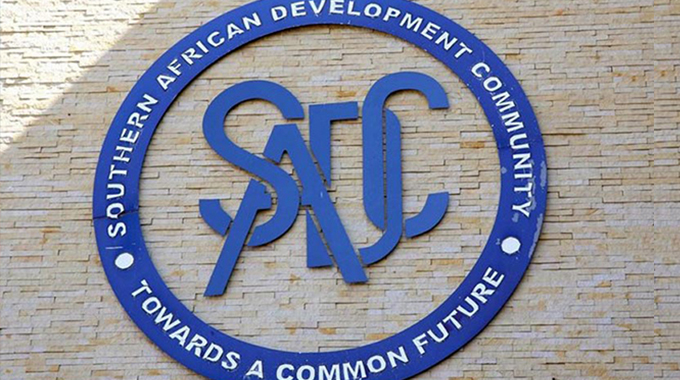Government assesses food insecurity

Nqobile Tshili, Chronicle Reporter
GOVERNMENT is in the process of consolidating statistics of able-bodied citizens who are still food insecure in rural areas following a successful farming season where the country recorded a bumper harvest.
The country recorded successive droughts in the 2018/19 and 2019/20 farming season resulting in most rural dwellers being food insecure.
The Zimbabwe the Zimbabwe Vulnerability Assessment Committee Rural Livelihoods Assessment (RLA) had projected that nearly 5,5 million rural dwellers would be food insecure during the drought peak last year.
The drought saw Government chipping in to provide relief grain to most rural communities to cushion them from hunger as President Mnangagwa assured citizens that no one would die of hunger.
The country has recorded a bumper harvest in the 2020/2021 agricultural season resulting in most rural communities being food secure after they adopted the Pfumvudza/Intwasa climate proofing programme.
In an interview, Public Service, Labour and Social Welfare Minister Professor Paul Mavima said Government was in the process of evaluating those who still require food aid.
He said the Ministry expects to have completed the rebasing exercise by the end of next month.
“It’s called a retargeting process. There is an element of Zimbabwe Vulnerability Assessment Committee (ZimVac). That is taking place throughout the country indicating which areas did not get good harvest to sustain the people. Which areas need relief aid and which areas would need relief later on in the season,” he said.
“So that is what is taking place right now. While that assessment is done, they are going to do what we call retargeting which will indicate the household which will continue to get support in the rural areas.
“We are hoping that by the end of July, we would have an indication of who is supposed to get what.”
Prof Mavima said the able-bodied who would be identified to still need Government’s food aid will be incorporated into the food for work programme.
Under the food for work programme, the beneficiaries will be expected to provide menial labour on Government infrastructure development programmes in exchange for maize.
Prof Mavima said on the other hand, Government will continue to provide support to the vulnerable in communities.
“You would also want to know that the social welfare programme for the vulnerable is still continuing. It covers the disabled, the elderly, the chronically ill and vulnerable children,” said Prof Mavima.
He said the urban vulnerable have not been left out as they also are part of the cash transfer scheme although it does not cater for those who might have recently lost their jobs. — @nqotshili












Comments